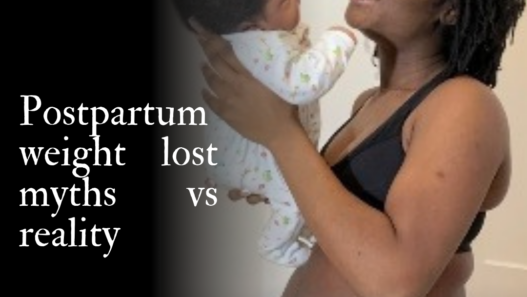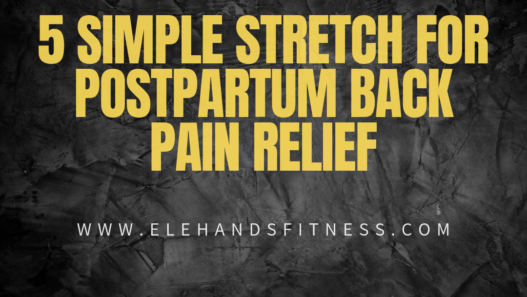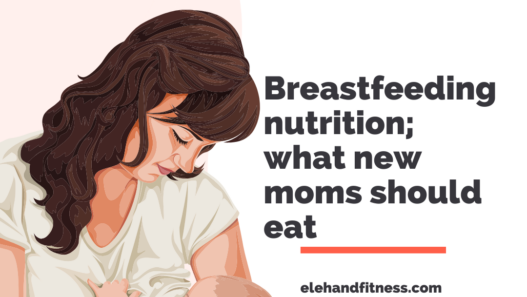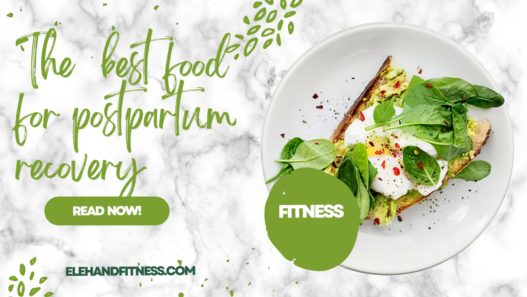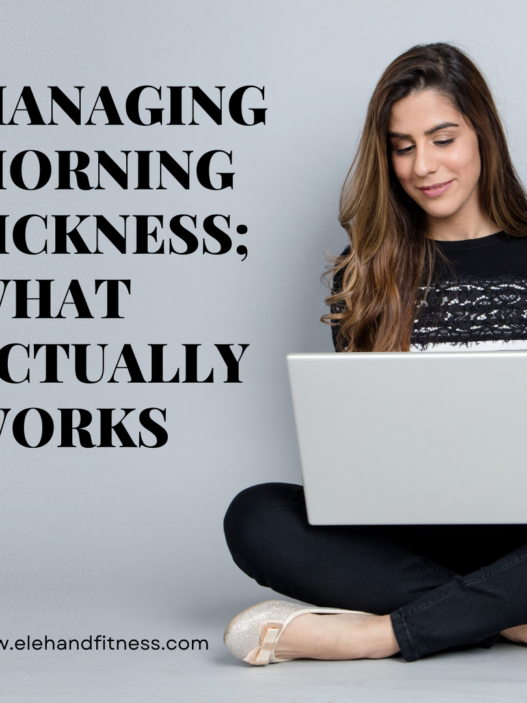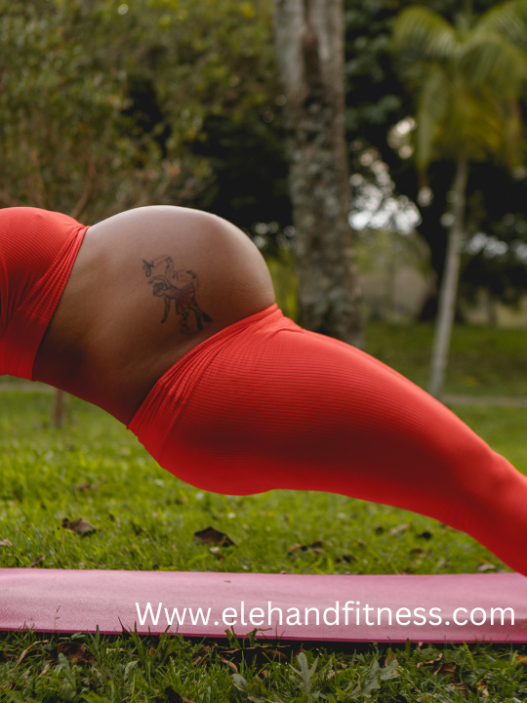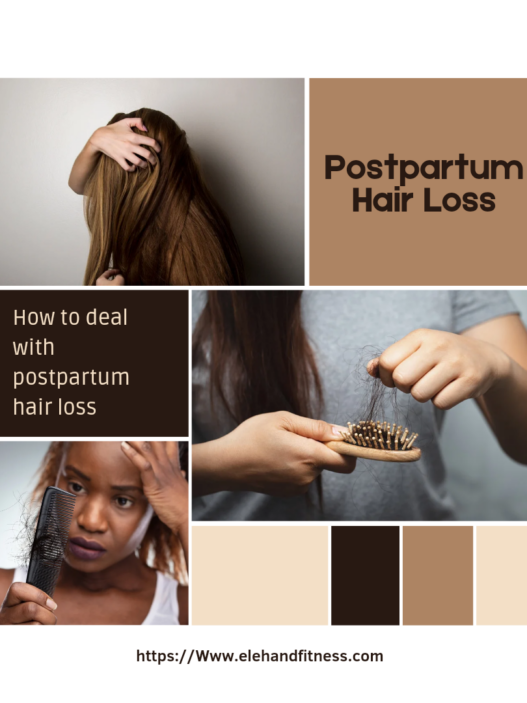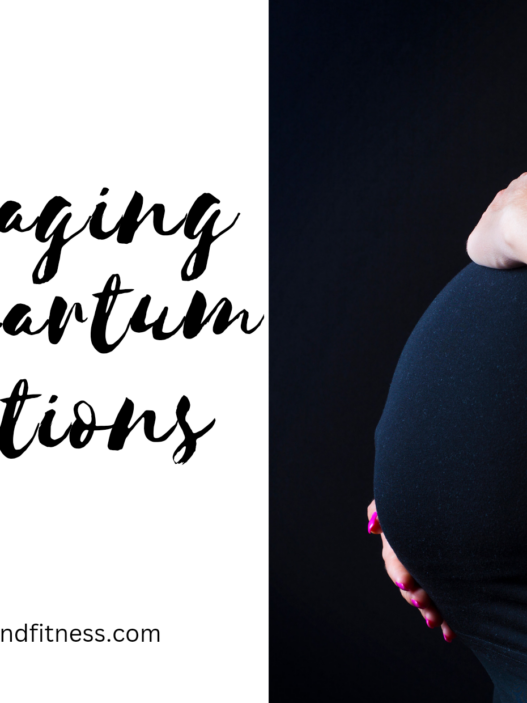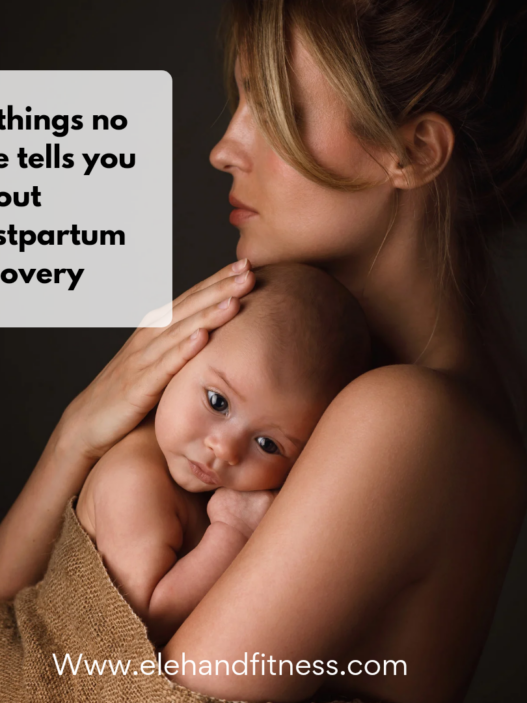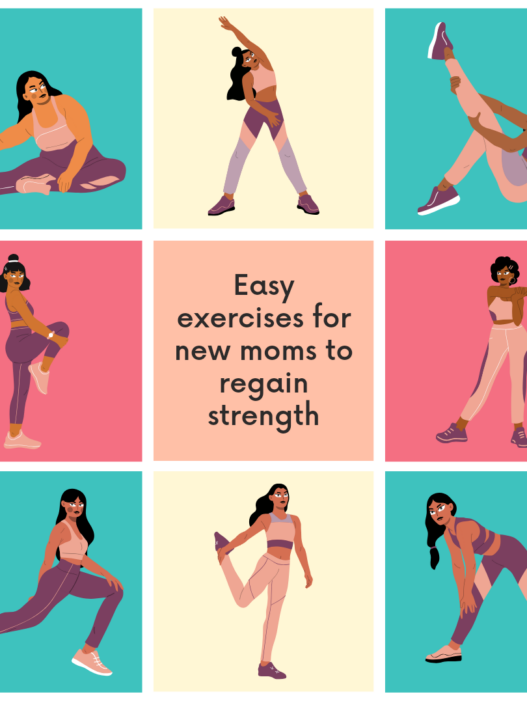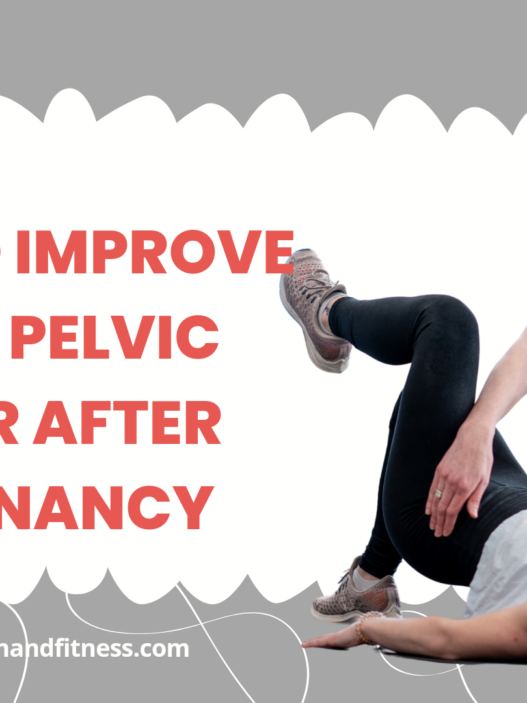The Postpartum Hormones Guide: How to Feel Balanced Again
The postpartum period is a beautiful yet challenging time. As a new mom, you’re adjusting to life with a newborn while your body undergoes profound hormonal changes. These hormonal shifts can affect your emotions, energy levels, and even your sense of self. Finding balance during this phase can feel overwhelming, but understanding the role of postpartum hormones and implementing supportive strategies can make a world of difference.
Here’s your guide to navigating postpartum hormones and regaining balance:
- Understanding Postpartum Hormones
After giving birth, your body experiences dramatic hormonal changes:
Estrogen and Progesterone Drop: These hormones, which supported your pregnancy, plummet after delivery, leading to mood swings, fatigue, and emotional sensitivity.
Prolactin Increases: This hormone stimulates milk production, but it can also contribute to fatigue and emotional ups and downs.
Oxytocin Peaks: Known as the “love hormone,” oxytocin strengthens the bond with your baby but can also heighten emotions.
Cortisol Spikes: Stress levels often rise due to sleepless nights and new responsibilities, which can impact your emotional well-being.
These fluctuations are normal but can sometimes feel overwhelming.
- Acknowledge Your Feelings
It’s common to experience:
“Baby Blues”: Temporary sadness, irritability, or mood swings in the first two weeks postpartum.
Postpartum Depression (PPD): More persistent feelings of sadness, anxiety, or overwhelm that may require professional support.
Don’t ignore these emotions. Speak openly with loved ones, and don’t hesitate to seek help from a healthcare provider if your feelings persist.
- Nourish Your Body
Your body is healing, and proper nutrition can support hormone regulation:
Eat Balanced Meals: Include plenty of fruits, vegetables, lean protein, and healthy fats. Foods rich in omega-3s, like salmon or chia seeds, can help stabilize mood.
Stay Hydrated: Dehydration can worsen fatigue and mood swings, so aim for at least 2-3 liters of water daily, especially if breastfeeding.
Supplement When Needed: Postpartum women may benefit from iron, vitamin D, or omega-3 supplements. Consult your doctor to determine your specific needs.
- Prioritize Sleep (Even If It’s Difficult)
Sleep deprivation can wreak havoc on your hormones. While newborns disrupt your sleep patterns, you can still find ways to rest:
Nap When the Baby Naps: It’s cliché but effective. Even short naps can help.
Share Nighttime Duties: Partnering with your spouse or a trusted family member can give you longer stretches of rest.
Create a Bedtime Routine: Dim lights and avoid screens before bed to signal your body it’s time to wind down.
- Move Your Body Gently
Exercise helps regulate cortisol and boosts endorphins, improving mood and energy:
Start Slow: Postnatal yoga, stretching, or short walks are gentle ways to begin.
Listen to Your Body: Only increase intensity when you feel ready, and get your doctor’s clearance before starting any vigorous exercise.
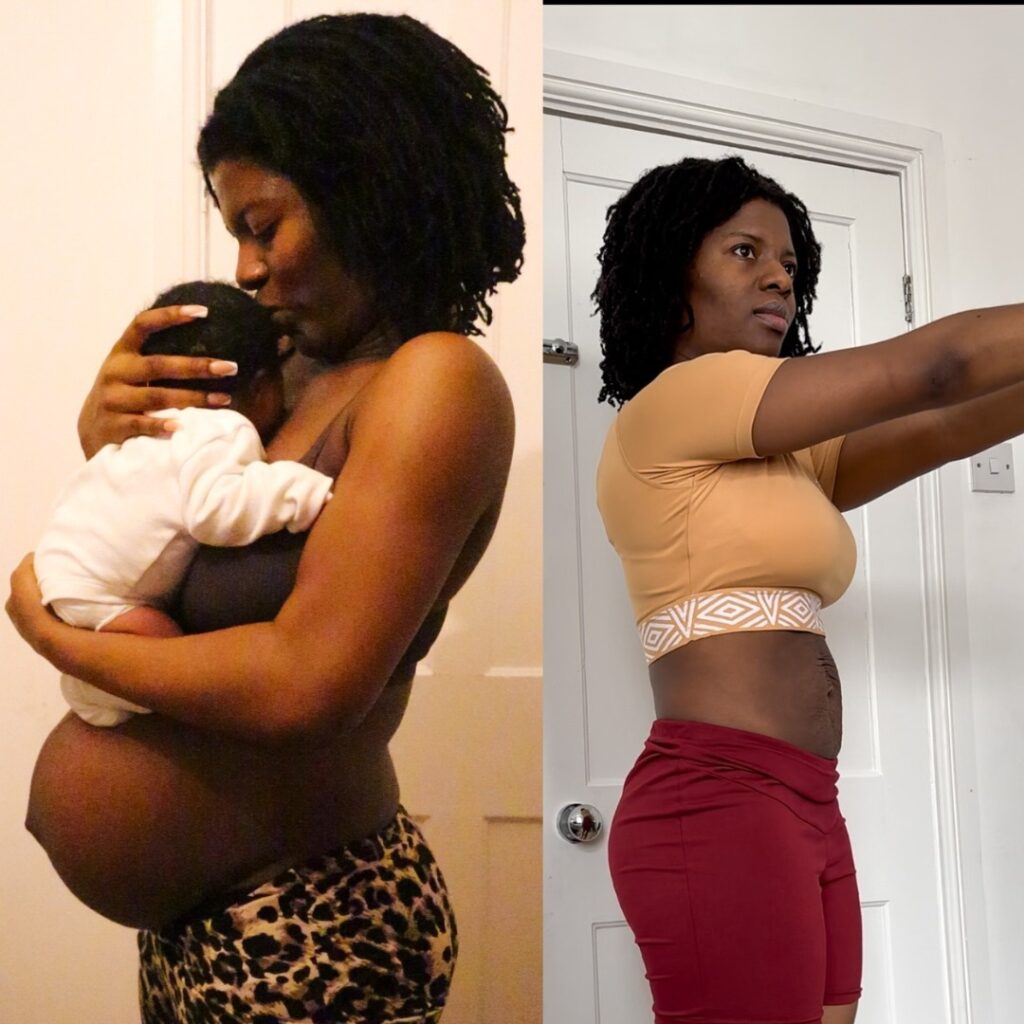
- Foster Emotional Connection
Postpartum can feel isolating, but building connections helps balance emotions:
Bond with Your Baby: Skin-to-skin contact and cuddles release oxytocin, fostering a sense of calm.
Lean on Your Support System: Talk to your partner, friends, or family about how you’re feeling.
Join a Postpartum Group: Sharing experiences with other new moms can be both reassuring and healing.
- Embrace Self-Care
Self-care isn’t selfish—it’s essential:
Take Small Breaks: Even 10 minutes of alone time can rejuvenate your mind.
Indulge in Simple Pleasures: Read a book, take a warm bath, or enjoy your favorite cup of tea.
Practice Mindfulness: Deep breathing, meditation, or journaling can help reduce stress.
- Seek Professional Help When Needed
If you’re struggling emotionally or physically, don’t hesitate to seek help:
Therapists and Counselors: They can provide coping strategies for managing postpartum emotions.
Doctors or Midwives: They can assess hormonal imbalances or recommend treatments for postpartum depression or anxiety.
- Give Yourself Grace
The postpartum period is a time of adjustment. Your body has undergone immense changes, and healing takes time. Avoid comparing yourself to others, and remind yourself that it’s okay to feel overwhelmed. Celebrate small victories, and remember that asking for help is a sign of strength.
Conclusion
Postpartum hormonal changes are natural, but they can feel disruptive. By understanding your body, prioritizing self-care, and seeking support when needed, you can navigate this transformative period with more ease. Remember, balance doesn’t mean perfection—it’s about finding what works best for you and your unique journey as a mom.
You’re doing an incredible job. Take it one step at a time, and trust that balance will come.

